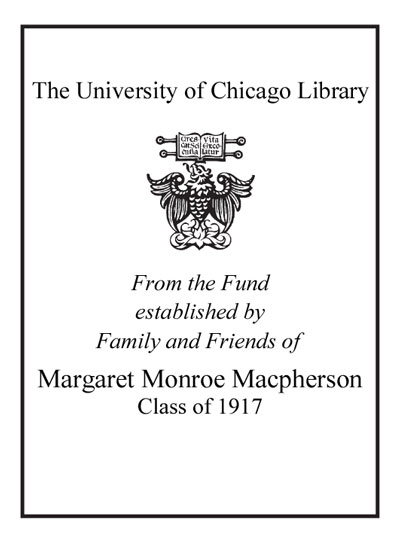Review by Booklist Review
Many Christians regard artistic taste as a matter of religious indifference, irrelevant to theological conviction. Brown insists otherwise, arguing that in responding to art, we may draw nearer to or pull away from God and other believers. But developing a well-grounded aesthetics requires serious reflection on conflicting traditions within Christendom: Brown does so by contrasting the views of Kierkegaard (who viewed art as a sensual distraction from the stern demands of discipleship) with those of Blake (who reveled in the artistic imagination as a conduit to heaven). As a composer and church musician, Brown naturally resists Kierkegaard's strictures, yet he concedes the risks of letting the artist into the sanctuary, especially at a time when a lax cultural relativism often paralyzes the critical faculties. Without dictating any narrow orthodoxy, Brown challenges Christian readers to cultivate an aesthetic discipline flexible enough to forge fresh ecumenical artistic styles but rigorous enough to ward off the cliches of kitsch, old and new. A provocative analysis, sure to open new lines of dialogue between artists and believers. --Bryce Christensen
From Booklist, Copyright (c) American Library Association. Used with permission.
Review by Booklist Review

